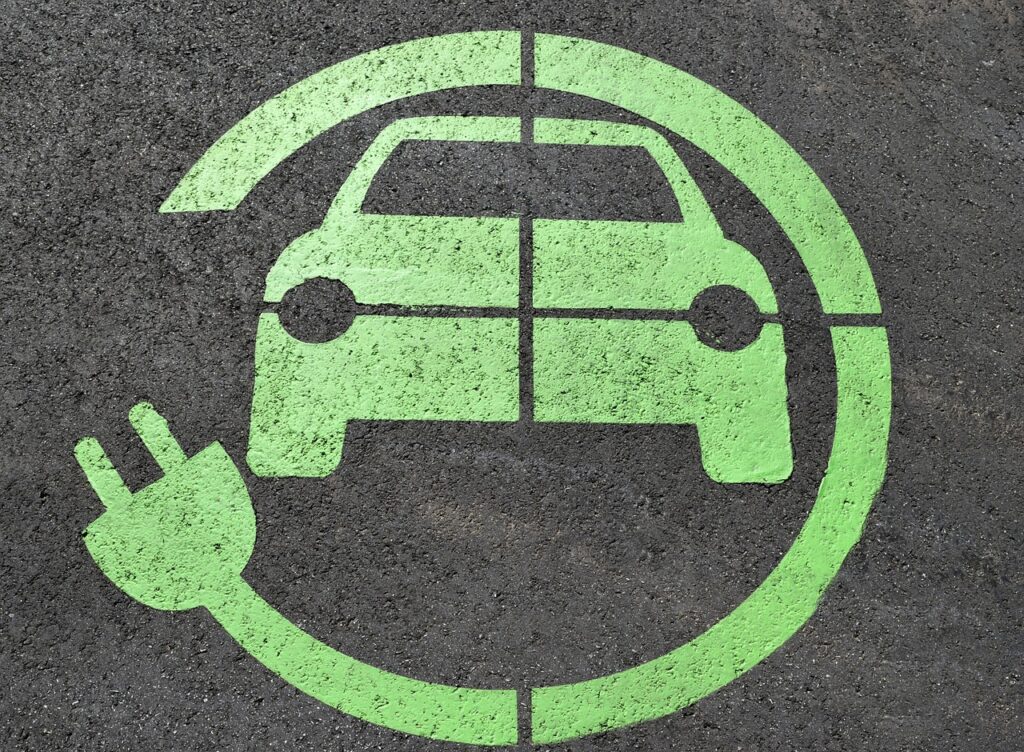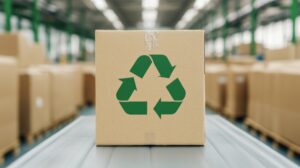The global drive for sustainability has pushed electric vehicles (EVs) into the spotlight as a greener mode of transportation. However, the complexity of EV batteries introduces new sustainability concerns, especially with regards to responsibly disposing hazardous materials at the end of the battery’s life. Battery sustainability is also receiving increased attention as the European Union (EU) begins to roll out its new Battery Regulation, requiring companies to meet new sustainability and due diligence obligations.
Overall, these changes indicate a major shift in how batteries will come to be regulated in future years and how current EV manufacturers will need to adjust their processes to increase battery sustainability.
Challenges with Electric Vehicle Batteries
Although EVs are largely seen as a greener mode of transportation, the batteries used in these vehicles pose unique sustainability challenges.
One of the biggest challenges is the chemical complexity of the batteries. EV batteries are typically lithium-ion batteries, which have a more complex and diverse chemistry compared to standard lead-acid batteries. That, paired with their higher energy density, makes the recycling processes for these batteries much more complicated. Thermal runaway is also a safety concern when it comes to disassembling and recycling these batteries.
EV batteries are also relatively new to the market. While there are established recycling methods and infrastructure in place for traditional car batteries, EV batteries don’t have the same advantage. This means that recycling EV batteries requires more investment and specialized technology.
2023 EU Batteries Regulation
On July 28, 2023, the EU rolled out a new Batteries Regulation. It will go into effect in early 2024, and changes will be introduced gradually over the course of several years. This new regulation widens the scope and requirements for batteries in the EU in several ways:
- Expanded scope for batteries, now including all types of batteries.
- New sustainability requirements, including carbon footprinting, minimum recycled content of minerals, and performance and durability requirements.
- Stricter due diligence requirements.
- New digital battery passport labeling requirements.
The new requirements we’re seeing out of the EU indicate a larger shift, namely that battery sustainability is growing in importance. These requirements are meant to reduce the hazardous substances used in batteries and promote responsible disposal and recycling at the battery’s end of life.
If you manufacture or import any type of battery, including EV batteries, in the EU, you’ll need to closely look at your battery materials and processes. However, even companies that do not directly ship batteries to the EU will feel the effects of this change. They may be asked by customers to supply new data if their customers hope to gain access to EU markets. It’s also likely that this trend of new battery regulations will expand beyond the EU, and all manufacturers of batteries will need to be prepared for the changes.

Electric Vehicle Battery Sustainability
Making your EV batteries more sustainable requires a good look at all parts of the battery’s life cycle, from manufacturing processes, to durability, to end-of-life recycling. Here are some key factors to increasing the sustainability of your batteries.
- Use green materials. Wherever possible, seek to use more sustainable materials that are free of toxic substances and are responsibly sourced.
- Make manufacturing more energy efficient. Examine your manufacturing processes and determine ways you can improve the processes to reduce energy use, carbon emissions, and production costs.
- Embrace supply chain transparency. Improve communication within your supply chain and perform due diligence to make sure your materials are responsibly sourced.
- Encourage recycling. Use innovative battery design to make it easier for your battery to be recycled. Provide clear labeling to aid in end-of-life recycling. Consider establishing a take-back program so used batteries are properly collected and managed at the end of their life.
- Collaborate with stakeholders. A standardized process of recycling EV batteries has yet to be established. By collaborating with industry stakeholders, you can be a part of developing sustainable recycling practices and promoting the adoption of widescale recycling.
Get Sustainable Manufacturing Support
For the automotive industry, the increased demand for electric vehicles is one of the biggest shifts of the last several decades. While EVs are seen as more sustainable overall, the batteries they use are far from ideal when it comes to sustainability. However, there are steps you can take to improve the sustainability of your batteries.
If you need help meeting new automotive compliance requirements and finding battery sustainability solutions, contact Tetra Tech’s experts at [email protected]. We have decades of experience in automotive compliance and are ready to help you adapt to the shifting landscape of EVs. Contact us today for help with reporting management, compliance training, and more.






